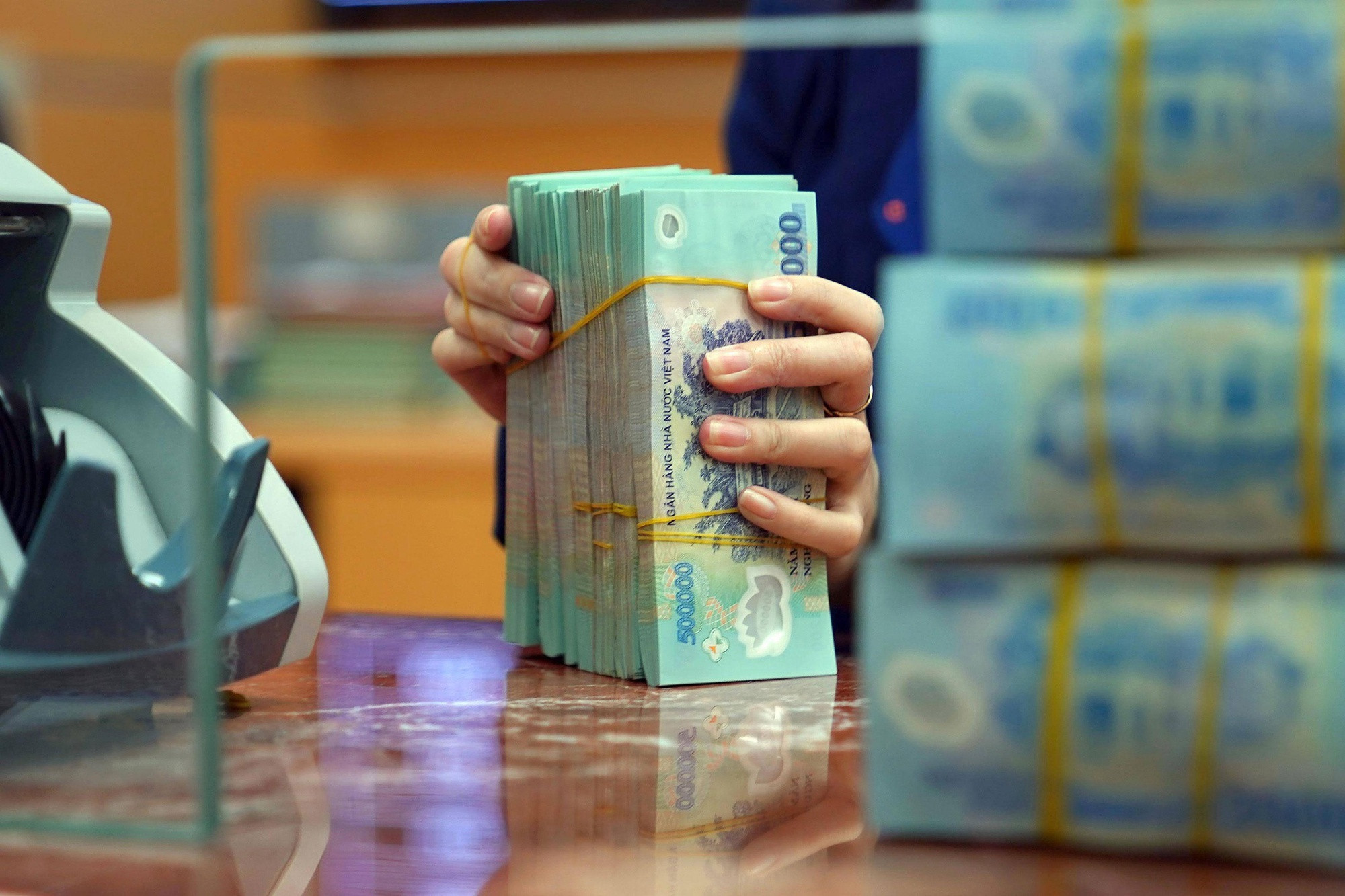
According to VN Direct Securities, the credit growth of the entire banking system will slow down with the predicted growth rate of 12 percent in 2023, lower than the 14.5 percent in 2022.
Investors are expected to face difficulties in capital mobilization as the corporate bond market is quiet and interest rates increased, which has affected the demand for home loans.
Export growth, one of the major pillars of Vietnam’s economic growth, is expected to see a slowdown to 9.5 percent in 2023 (it was 14 percent in 2022).
Enterprises will delay expansion amid interest rate increases and weakened consumer demand.
Meanwhile, inflation is expected to stay high. While inflation globally has shown signs of peaking, inflation in Vietnam may remain high because of the planned wage increase of 20.8 percent (to be valid from July 2023), and the price increases of healthcare and public transport fees.
Weak liquidity is also a reason behind the slowdown of credit growth. In late Q3 2022, banks all reported sharp increases in LDR (loan to deposit ratio), and some banks have nearly reached the ceiling (85 percent).
In such conditions, the central bank will give priority to commercial banks that have healthy credit structure (i.e. the proportion of loans provided to the real estate sector and corporate bonds are low). They will also prefer banks with healthy asset quality, high capital adequacy ratio and good risk management.
Vietcombank, MBBank, VPBank and HDBank are banks that have participated in the restructuring of bad credit institutions, so they are expected to be granted higher credit limit growth rates than others, which will allow them to improve their credit market share in 2023.
If the real estate market continues to be quiet in 2023, it is highly possible that banks will focus on asset quality and profits.
VN Direct predicts that the expected profit growth of the banking sector will be slower in 2023, at 10-11 percent compared with last year. However, the risk is reflected in the valuation of the banking sector as a whole.
VN Direct’s Tran Thi Khanh Hien thinks that the prospects in 2023 will not be very positive in terms of profits because of weak credit demand, increased capital costs, and increased bad debts. However, the situation will be better in H2, when the US Federal Reserve (FED) stops raising interest rates.
Attractive investment opportunities
Hoang Viet Phuong from the Saigon Securities Incorporated (SSI) said at a government’s conference that State Bank of Vietnam (SBV) stated that credit grew by 14.5 percent in 2022 compared with the year before (13.6 percent). This means that credit grew by 150 percentage points just within the last 10 days of December.
Phuong said in 2022, SBV focused on implementing solutions to ensure the safety of the system and stabilize the forex market, considering this a top priority task.
In 2023, the central bank will design solutions depending on the real situation of the market. Interest rates are at high levels, and economic performance will face more difficulties because of outside factors.
He hopes that monetary policy is loosened and fiscal policy likely to be expanded in order to boost growth.
Investors have different views about the performance of the banking sector in 2023. Optimists see that the banks’ health has improved significantly and the banking sector will still enjoy the most benefits from Vietnam’s economic growth in the long term.
Therefore, bank shares are a good choice for investors, especially if noting that bank shares are undervalued.
In general, securities companies are cautious when analyzing the prospects of the banking sector in H1 due to liquidity tension and risks from bonds. About VND46 trillion worth of bonds will mature in H1.
VNDirect believes that for a developing country like Vietnam, real estate and bonds are fields with great potential and they will see strong growth in upcoming years, while banks will benefit from the growth.
Manh Ha